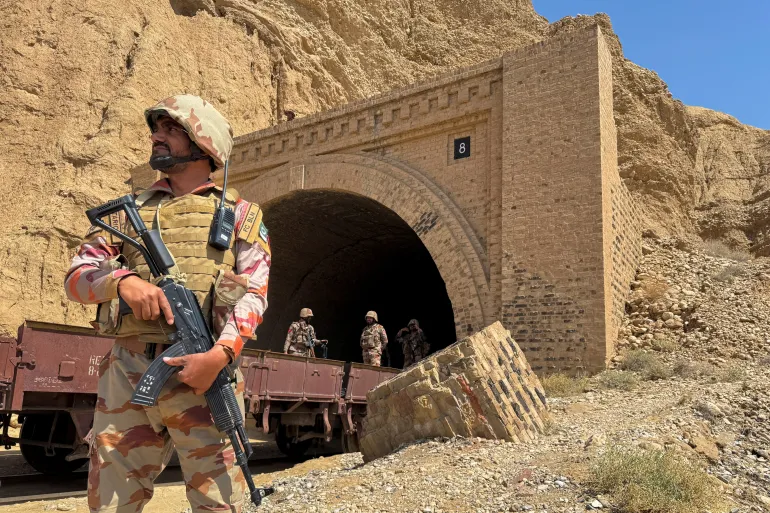Pakistan’s military has announced that it killed 33 fighters in a cross-border operation near the Afghan frontier. The armed forces claim these militants were backed by India, though no evidence has been presented to support this serious allegation.

Operation Details and Military Claims
According to Pakistan’s military spokesman, the operation targeted a militant group allegedly attempting to infiltrate Pakistani territory from Afghanistan. The fighters were reportedly involved in destabilizing activities and posed a security threat to the region.
The military emphasized its commitment to maintaining security along the porous and volatile border. The reported deaths come as part of ongoing counterterrorism efforts aimed at curbing insurgent movements and ensuring national stability.
Allegations of Indian Involvement
In a notable assertion, Pakistani officials claimed that the militants received backing from Indian intelligence agencies. This allegation is part of a long-standing narrative between the two nuclear-armed neighbors, who have frequently accused each other of supporting cross-border terrorism.
However, Pakistan’s military has yet to provide concrete proof to substantiate these claims. India has consistently denied involvement in Pakistan’s internal security issues, calling such allegations baseless and politically motivated.
Context: Regional Security and Tensions
The Afghan-Pakistani border region has been a hotspot for militant activity and conflict for decades. With Afghanistan’s political landscape shifting dramatically after the Taliban takeover, security dynamics remain fragile.
Pakistan’s military operations in this area are part of a broader strategy to secure its western frontier. Nevertheless, accusations of foreign interference add layers of complexity to an already tense geopolitical environment.
Implications for Indo-Pak Relations
The renewed allegations against India come at a time of heightened tensions between Islamabad and New Delhi. Both countries continue to grapple with issues including Kashmir, terrorism, and regional influence.
Such accusations risk further deteriorating diplomatic ties. Analysts warn that without verifiable evidence, these claims may fuel mistrust and hamper dialogue efforts aimed at stabilizing South Asia.
Looking Ahead
While Pakistan asserts progress in its counterinsurgency campaign, the lack of transparency around the allegations highlights ongoing challenges. The international community watches closely as regional powers navigate a fragile security landscape.
The future of peace and stability in this volatile border region depends on clear communication, verified intelligence, and a willingness to engage diplomatically.
Conclusion
Pakistan’s report of killing 33 militants near the Afghan border underscores persistent security challenges. The Pakistan kills militants Afghan border narrative, coupled with unsubstantiated claims of Indian support, reflects enduring geopolitical rivalries.
For political observers and international stakeholders, this development is a reminder of the intricate interplay between military operations, diplomacy, and regional stability in South Asia.













Comments are closed.